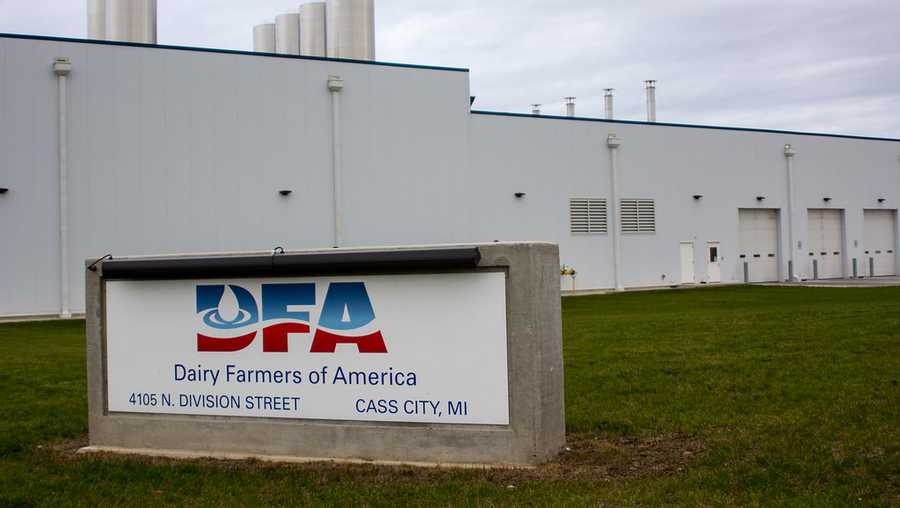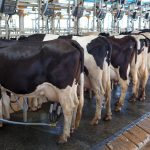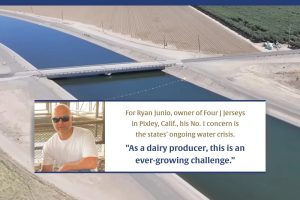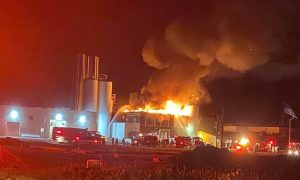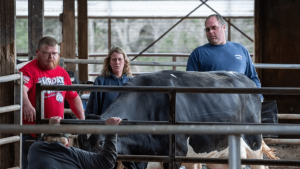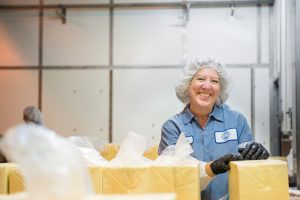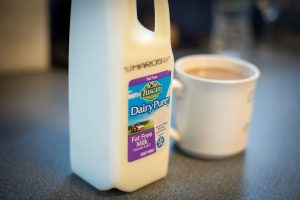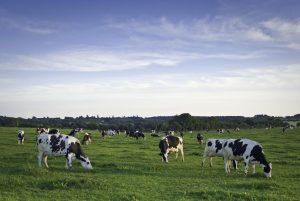
But people wary of the proposal that would merge Vermont’s 100-year-old St. Albans Cooperative Creamery with the Kansas-based Dairy Farmers of America say farmers are being asked to cast their ballots without all the information about what the merger would mean for them.
The two sides made their cases Monday in front of state lawmakers, who have no say in the merger but organized the hearing to understand what’s at stake.
“Dairy is a massive part of the economy in Vermont. We are the Senate Ag committee,” said Sen. Christopher Pearson, a Progressive/Democrat.
St. Albans Co-op members will decide on the merger with a vote, which is expected later this summer.
The proposal comes as dairy farmers in Vermont, and across the region, continue to deal with years of low milk prices. Vermont, which prides itself on its carefully cultivated image of an agricultural state typified by images of black and white cows, a mainstay of Ben & Jerry’s, is continuing to lose about 3% of its dairy farms a year. The current total is just under 700.
Ben & Jerry’s was not discussed during the Monday hearing, but spokeswoman Laura Peterson said the co-op provides the ice cream maker more than half the milk it uses in its products.
“I’ve always relied on the St. Albans co-op for direction and it’s always been good and straight up,” Sen. Bobby Starr, the Democratic chairman of the Senate Agriculture committee and long-time state lawmaker, said as the hearing got underway.
The St. Albans co-op, which has 264 member farms in Vermont, 59 in New York and two in New Hampshire, is one of four in Vermont, including the Kansas-based DFA, which has 114 member farms in the state and about 8,100 across the country.
If approved, DFA has promised to invest millions to help the co-op upgrade its Vermont assets, including a processing plant and a milk hauling business.
The St. Albans co-op board Chairman Harold Howrigan, Jr., who farms in Fairfield, said the merger would help the co-op’s current members and strengthen the Vermont dairy landscape.
“As a dairy farmer in business with our family I want to do as previous generations have done with us and maintain a viable operation that is strong and will continue into the future,” he said.
But others counter that DFA has not always had the best interests in mind for its members.
Alice Allen, a former dairy farmer from Ryegate, who was one of the named plaintiffs in a 2009 class-action lawsuit against DFA and other groups over its marketing practices, said there were many unanswered questions about the deal.
A number of farmers covered by a $50 million 2017 settlement to the class-action lawsuit rejected the settlement and are hoping to take the issues to trial, Allen said.
“I wonder if the St. Albans board is completely at ease with losing whatever market power it has and giving up their real identity as a co-op?” she said.
